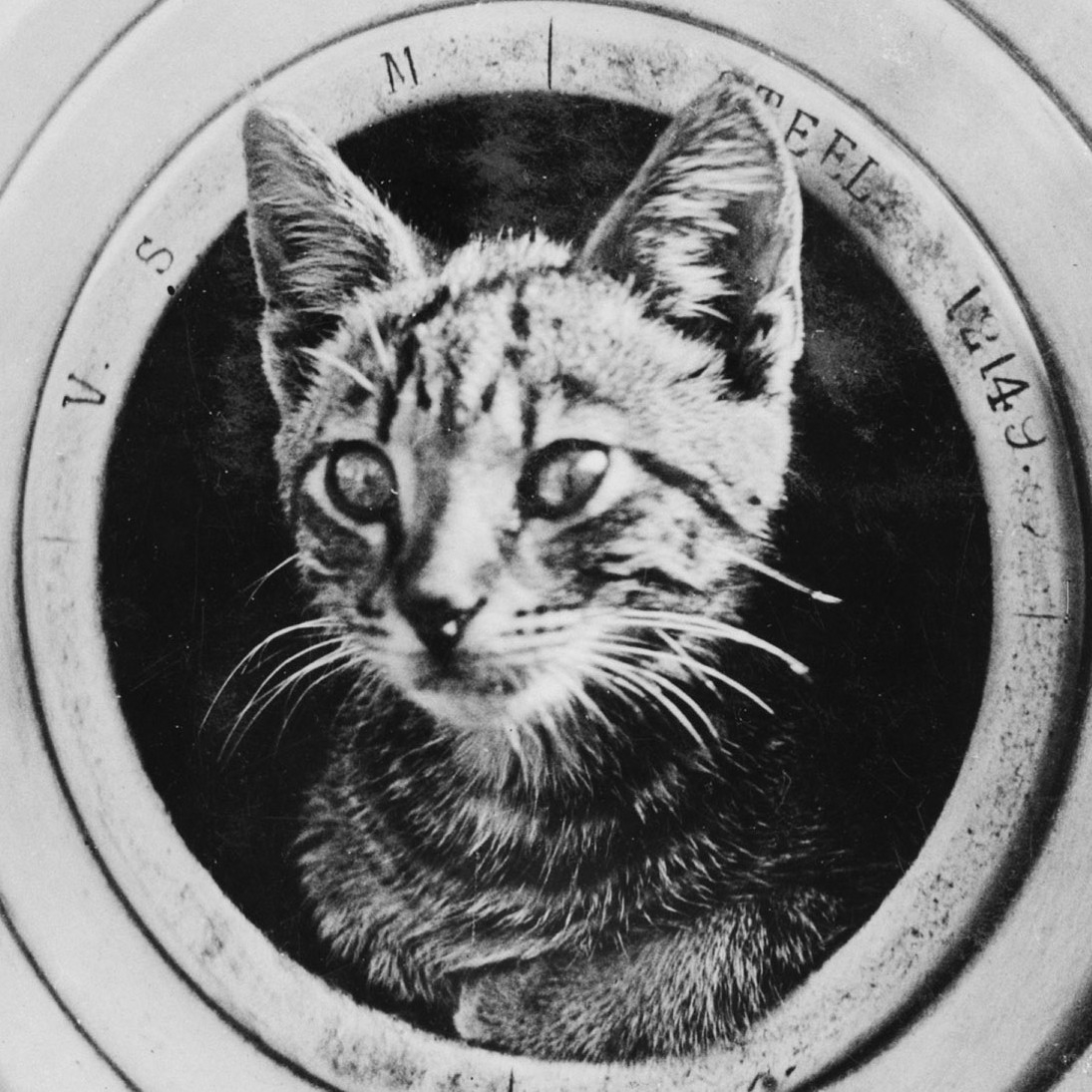Horses today yes. They are built incredibly efficient compared to yesterday’s horses. Better ligament material, lighter and stronger bones, not to mention the carbon muscle fibers.
This but unironically, horses are constantly being bred to be bigger. The reason people rode chariots in Greece is because horses were too small to ride horseback.
Wait, really?
Yeah one of the main causes of the downfall of chariot warfare in the ancient world was that horses were bred that could carry a fully armed rider with armour for a long enough period of time.
Disclaimer: I know very little about anything.
I’m not so sure. There’s plenty of accounts of ancient warriors using ridden horses as transportation. It probably has more to do with a chariot being more compatible with horse/soldier training and soldier gear at the time. Riding a horse into battle takes a lot of unique training and gear, and camels were the better option for a lot of the latitude around North Africa/Middle East, where you had ancient empires with the ability to research technology.
The idea that horses had to embiggen, I think, comes from the Persians. They wanted the world’s first heavy cavalry and they certainly needed bigger horses for a fully armored rider. But light cavalry has evidence dating back to at least 5,000 B.C. thanks to the proto mongols. (Central Asian tribes before they were united)
Of you feed a house kerosene it will run much faster but it will emit white smoke.
Don’t forget about the gear all horses are on nowadays! You need to check the labels for All Natural hp.
Say, I’m not really a horse guy, but my dad says my mustang needs more blinker fluid. Well the guy at the stable sold me some, but now where do I put it?
I mean, it’s the eyes that blink…
On the right and left nacelles.
Horses today yes. They are built incredibly efficient compared to yesterday’s horses. Better ligament material, lighter and stronger bones, not to mention the carbon muscle fibers.
and i thought horses used to be toeing the line between fucking exploding and run fast hee hee hoo hoo
So what do you want?
I was curious, so read up on wikipedia.
somebody measured horses in 2023, and foumd that horses produce 5,7hp https://en.m.wikipedia.org/wiki/Horsepower
edit: wikipedia links to youtube
https://www.sciencefocus.com/science/how-much-horsepower-does-a-horse-have this one also says 15, teorietically 24 🤯
Citing measurements made at the 1926 Iowa State Fair, they reported that the peak power over a few seconds has been measured to be as high as 14.88 hp (11.10 kW) and also observed that for sustained activity, a work rate of about 1 hp (0.75 kW) per horse is consistent with agricultural advice from both the 19th and 20th centuries […]
Sounds to me like the 1 hp unit is fair, after all.
So it’s like RMS and PMP for speakers. 600 W¹
¹ Briefly, before it blows up
It’s called Chinese Watts.
Here is the salient point on the Wikipedia page that explains why horses don’t produce 1 HP:
Watt judged that the horse could pull with a force of 180 pounds-force (800 N)
Basically, Watts made up HP to sell his steam engine to mines and likely made up a number to make the new technology seem better.
Some things never change.
Gotta love autocorrection of Watt into Watts.
Watt = J/s = N*m/s = kg*m*m/(s^2*s) = kg*m^2/(s^3)
deleted by creator
Sure that sounds like a lot, until you realize even a small firearm can deal 9 damage per second, suddenly 15 hp isn’t all that much
I’m still not over learning that ponies aren’t just young horses.
That’s only hitscan. Projectiles like rockets can deal 90 HP damage.
thats not a sustainable amount of horsepower for a horse, but it is for an engine. Notably engines are better at moving heavy loads for longer and uphill. The name is misleading though. It should be like “sustained horsepower”
Wikipedia: “Two common definitions used today are the imperial horsepower, which is about 745.7 watts, and the metric horsepower, which is approximately 735.5 watts.”
Oh fuck!
The name is misleading though, it should be like “non-systemic unit of power” or “non-SI unit of power”.
While it does sound cool to say my car has 490 NSU, I think horsepower is still cooler. Horses are cool.

Watt is better unit of power.
Watt are you even talking about?
Isn’t it more work done over a day? One horse is able to maintain the work done by a one horsepower machine because the machine can work all day without tiring?
Yes, but why not make it one horse=1hp? That sounds like early marketing.
Edit: Let me be clear, why not make the current 15hp = 1 horse and make the measurement be 1hp = 1 horse. It has nothing to do with engineering or marketing logic, just a 1:1 measurement.
Because when looking to replace work horses with a steam engine you didn’t care what the absolute peak output of a horse was. You needed to know how big of an engine you needed based on how large the team of horses already powering the application was. Anyone trying to run a horse anywhere near their peak output for any length of time would injure them.
Then call it a 1 Horse Team Power. It would be so easy to make it clear, lol. It’s not that serious, I just don’t get it.
Removed by mod
Depends on their PDef and Mdef I would guess… and probably Agl too. :-P
For comparing machines to horses, use the power a horse can sustain all day long. Early industrial use of horses did not run them ragged and swap every 5 minutes.
prisons used to have treadmills to power machines. six hours a day, with rest breaks.
when there’s an engine to replace that, of course they’d explain it in terms of how many men it could replace permanently.
saying “but look at how much power Usain Bolt can produce for a few seconds” is not relevant.
the hp unit is reasonable based on whole-day power from typical farm horses.
So you’re saying one hp = one DAY of horse power. How is that even a measurement? How old is your horse and how hard can it work in a day? Lmao, this is turning into a comedy bit.
So you’re saying one hp = one DAY of horse power. How is that even a measurement?
because thats the expected constant power output from a horse given the timespan of about a day (the average human utility time span also)
This is like saying that a bullet upon impact imparts infinite kinetic energy because the time window in which it’s measured is literally 0 seconds.
Also if we happen to extrapolate the horse power metric, it’s the most power you could utilize from a horse, long term, forever, assuming you wanted to.
This is like saying that you never need to change the oil in your car, because you can just ignore the rest of the miles on it that are outside of the service window.
The unit is literally measuring “what is the theoretical maximum on the possible amount of work that a horse can exude in a continual fashion” considering that engines quite literally, do not care about taking breaks, this makes logical sense. Since the obvious selling point of an engine would be “you don’t need to feed it, it doesn’t get angry, and it won’t kill you if you look at it weirdly, plus it just runs forever, assuming you have the gas.”
I was told 1 hp was the output of 1 donkey, so horse power is actually donkey power.
So dp
Mmm, love me some DP, especially from my blower.
It’s gas powered.
A DP with a two stroke? Damn
What did you pay for that DP from a gas powered blower? Just curious…
Inflation hits all of us
Especially those who own horses (because they have money)
Well this is deeply misleading isn’t it
1 HP is the average work over a day.
I wouldn’t be surprised to discover horses are better cared for now than when the coin was termed. We just understand nutrition better these days for both humans and animals. And we don’t beat our animals like they did back then either.
Some people definitely still beat the shit out of their horses and livestock. Just go to a rodeo in the US sometime and you will see it.
OTOH, a horse was incredibly valuable to a common man.
There’s evidence that knights would dismount before battle to prevent their horse from being injured, even though they knew they were exposing themselves to greater risk. Although we have more technical knowledge about how to “optimally” care for horses now, there’s no reason to believe that we aren’t as or more exploitative of them, rendering them as or less healthy than horses back then.














